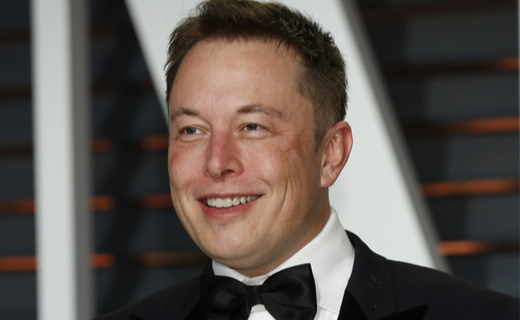Politics
Top Globalist Official RESIGNS In Disgrace After Trying To Censor Trump-Elon Interview

A major political shakeup has rocked the European Union, as one of its most prominent figures, Thierry Breton, has resigned under a cloud of controversy. Breton, the EU’s Commissioner for Internal Market and Services, had been facing growing backlash after his attempts to censor a high-profile interview between tech billionaire Elon Musk and former President Donald Trump.
Breton’s downfall began after he issued a stern warning to Musk about amplifying “hateful content” on X, formerly known as Twitter, just ahead of the Trump-Musk interview that was broadcast live to a global audience. The French politician and business executive invoked the EU’s strict rules under the Digital Services Act (DSA) to pressure Musk into limiting speech, specifically targeting the upcoming interview with Trump. The move was seen by many as a blatant attempt to suppress free speech, particularly in the U.S., and sparked outrage on both sides of the Atlantic.
Jim Jordan (R-OH), Chair of the House Judiciary Committee, later blasted the EU’s efforts, accusing Breton of “weaponizing” European laws to stifle the voices of influential Americans like Musk. In a scathing letter to the commissioner, Jordan warned that the U.S. Congress would investigate the brazen attempt to infringe upon free speech. According to letters reviewed by The New York Post, Jordan was unequivocal in his condemnation, stating that the EU had overstepped its bounds by trying to silence voices critical of its globalist agenda.
“In light of your recent threats of reprisal toward X Corp… for facilitating political discourse in the US, we write to demand that you stop any attempt to intimidate individuals or or entities engaged in political speech in the United States,” Jordan wrote. “Here, government bureaucrats may hot intimidate, coerce, or threaten individuals engaged in free speech.”
Breton wrote a public letter to Musk, reminding him of X’s obligation to follow EU laws due to its large user base within the bloc. “As the individual entity ultimately controlling a platform with over 300 million users worldwide, of which one third in the EU, you have the legal obligation to ensure X’s compliance with EU law and in particular the DSA,” Breton wrote.
With great audience comes greater responsibility #DSA
As there is a risk of amplification of potentially harmful content in 🇪🇺 in connection with events with major audience around the world, I sent this letter to @elonmusk
📧⤵️ pic.twitter.com/P1IgxdPLzn
— Thierry Breton (@ThierryBreton) August 12, 2024
The showdown between the EU and Musk had been building for months. The European Union, under Breton’s leadership, had already been critical of Musk’s approach to content moderation on X, especially following his acquisition of the platform. The EU had been increasingly vocal about the need for platforms like X to comply with the Digital Services Act, which mandates strict regulation of content in an effort to curb what it calls “hate speech” and “disinformation.”
To be honest, I really wanted to respond with this Tropic Thunder meme, but I would NEVER do something so rude & irresponsible! https://t.co/jL0GDW5QUx pic.twitter.com/XhUxCSGFNP
— Elon Musk (@elonmusk) August 12, 2024
But it was Breton’s attempts to interfere with the Trump interview that ultimately led to his resignation. His heavy-handed tactics backfired. On Sunday, Breton submitted his resignation, citing “questionable governance” within the EU as the reason for his departure. In his resignation letter, Breton expressed his frustration over being asked to step aside by European Commission President Ursula von der Leyen, who reportedly requested that France nominate a new candidate for the commissioner role.
I would like to express my deepest gratitude to my colleagues in the College, Commission services, MEPs, Member States, and my team.
Together, we have worked tirelessly to advance an ambitious EU agenda.
It has been an honour & privilege to serve the common European interest🇪🇺 pic.twitter.com/wQ4eeHUnYu
— Thierry Breton (@ThierryBreton) September 16, 2024
Breton’s departure is being hailed as a victory for free speech advocates who viewed his actions as a thinly veiled attempt to control online discourse. Musk, for his part, remained defiant throughout the ordeal, continuing to promote the Trump interview despite pressure from EU officials.

